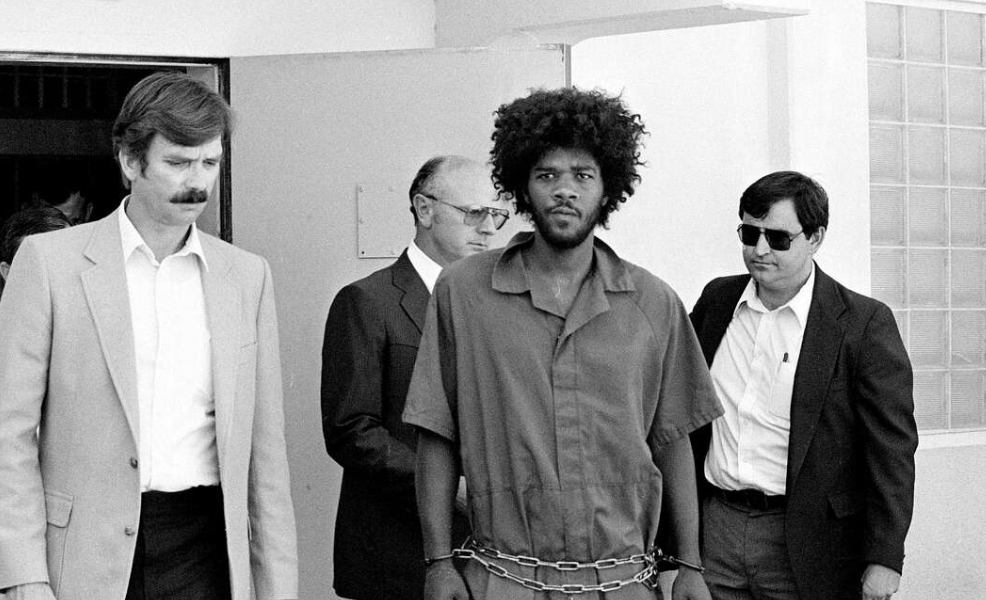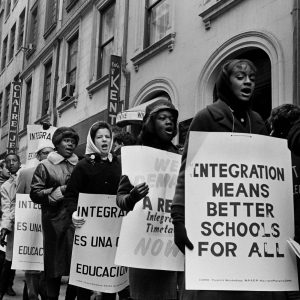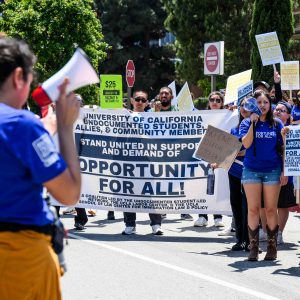In a country plagued by a hurricane of partisan politics, California is often seen as the United States’ leader on progressive policy and action, the calm amidst the storm. California Governor Gavin Newsom, who has held office since 2019, is often hailed as the masthead of this movement. His stances on climate change, gun control, and education have been celebrated by the country’s left as the guiding light for the rest of the United States. But Newsom’s record isn’t completely consistent—his governorship has seen many breaks from the overarching beliefs and values of the Democratic party. Many left-wing activists and organizations consider his approach to the case of Kevin Cooper, a longtime California death row inmate, to be one such case.
California and the Death Penalty
More than half of all states in the US authorize the death penalty as a legal punishment for severe crimes, most often murder. California is no exception. Its liberal history has resulted in a long and complicated relationship with the death penalty as its attitude toward it has changed significantly over the past decades. In 1972, the California Supreme Court banned the death penalty, citing the fact that it was cruel and unusual punishment. This ruling was overturned by the state legislature in 1977, and the death penalty has been legal ever since. In 2012, through the work of advocacy groups, a ballot proposition was put to a statewide vote to replace the death penalty with a sentence of life without parole. It failed at the polls, and when reintroduced in 2016, failed once more. Within nearly the last fifty years of death penalty legality, it has been used 13 times, with more than 686 individuals remaining on death row. An estimated four percent of these people are wrongfully convicted and serving time with the possibility of death for a crime they did not commit. In 2019, after taking office as governor, Gavin Newsom placed a moratorium on executions, but has yet to take any substantive action towards replacing, or formally ending, the death penalty.
The Case of Kevin Cooper
In San Quentin State Prison, only 16 miles away from the city of Berkeley, a man named Kevin Cooper sits on death row. He has been there, in the same windowless 4.5 by 11 foot cell, for more than 40 years. After a dramatic and bloody murder that took place in the Los Angeles neighborhood of Chino Hills in 1983, Cooper was accused of perpetrating the murder, and was sentenced to death, which he has awaited ever since.
The victims of the murder were the Ryen family, a wealthy white family who lived in the relatively safe neighborhood of Chino Hills. On the night of the murder, the Ryen parents and their two children, a son and a daughter, as well as their son’s friend, were at home when the perpetrators of the murder entered their home and stabbed all five people repeatedly. The mother, father, daughter, and son’s friend all died, but Josh, the family’s son, survived, despite having his throat slashed and his skull fractured. In the hours after he was taken to the hospital, Josh was interviewed on the details of the case as the police department attempted to figure out what had happened. One of the first things he said upon regaining consciousness was that it was a group of three white men who had entered his house and killed his family. A day after the murder took place, a woman turned in a pair of bloody coveralls that she said her boyfriend had come home wearing the previous night and claimed that he was partially responsible for the murder. Three white men were seen at a bar the night of the murder wearing T-shirts with blood stains, and other bloody clothes were found on two streets between the Ryen’s house and the bar. An autopsy of the Ryen family’s bodies revealed that the four victims had been stabbed cumulatively over 130 times, a number of wounds that the coroner indicated would have been nearly impossible for a single person to inflict on four people single handedly. Both of the Ryen parents were more than six feet tall, incredibly athletic, and owners of guns, making it unlikely that one person would have been able to take both of them down.
Despite this large volume of evidence pointing towards three possible murderers, the San Bernardino County Sheriff’s Department chose to throw out the incriminating coveralls, purposely tampering with the evidence, and then-Governor Jerry Brown refused to let DNA testing happen on the hairs found on the four victims’ bodies. The sheriff’s department, desperate for someone to blame, arrested Kevin Cooper, a singular Black man, instead. Several days prior to the murder, Cooper had escaped from a minimum-security prison where he had been serving time for a burglary charge, and was hiding in a house near to the Ryen’s. Cooper had a long petty criminal record and was seen as ‘dangerous’ by the police department. Despite the fact that no biological or witness evidence pointed towards Cooper as the murderer, he was put on trial for killing the Ryens. The police department then planted evidence in the Ryens’ house that worked against Cooper, including placing the butts of cigarettes from the house where Cooper had been staying in one of the Ryen house’s rooms. Cooper, burdened with a poor public defender, was placed on trial and sentenced to death by a jury.
Cooper’s execution was set for February of 2004, but hours before he was killed, the Ninth Circuit Court of Appeals granted Cooper a stay, saving him from execution. However, both the Ninth Circuit and the United States Supreme Court have both ruled that Cooper should remain on death row. Cooper has worked with several legal teams to appeal the case and convince the governor to grant him freedom. In 2015, then-California Attorney General Kamala Harris refused to hear Cooper’s clemency petition and denied Cooper the right to DNA testing that would have significantly furthered his case. In 2018, DNA testing was granted, but most of the biological evidence involved in the case had degraded over time to the point where it was unusable. In January of 2023, Governor Newsom’s office blatantly rejected all evidence that Cooper could be innocent, making a path forward toward exoneration unlikely.
The Implications of Cooper’s Case on California
Kevin Cooper’s long and drawn out legal struggle is a case of personal injustice, but also one that reflects a broken and hypocritical legal system. Although Cooper’s innocence has not been infallibly proven, the likelihood that he has served over forty years on death row for a crime he did not commit is high. Across the state of California, tampering of evidence in cases like Cooper’s has been shown to disproportionately impact the poor and people of color, putting these groups at a clear disadvantage in a legal system that prioritizes the safety of wealthy and white people. Black people make up more than 35 percent of California’s death row population, despite the fact that they are only six percent of the total state population. It’s injustices like these that put a stain on California’s progressive record. Governor after governor and attorney general after attorney general have not only turned a blind eye to Cooper’s case, but have actively worked against exonerating him. As Cooper himself has said, “this is bigger than [him].” It’s a case that could lay the groundwork for exonerating other prisoners as well, and begin righting systemic wrongs.
Featured Image Source: San Francisco Chronicle






Comments are closed.